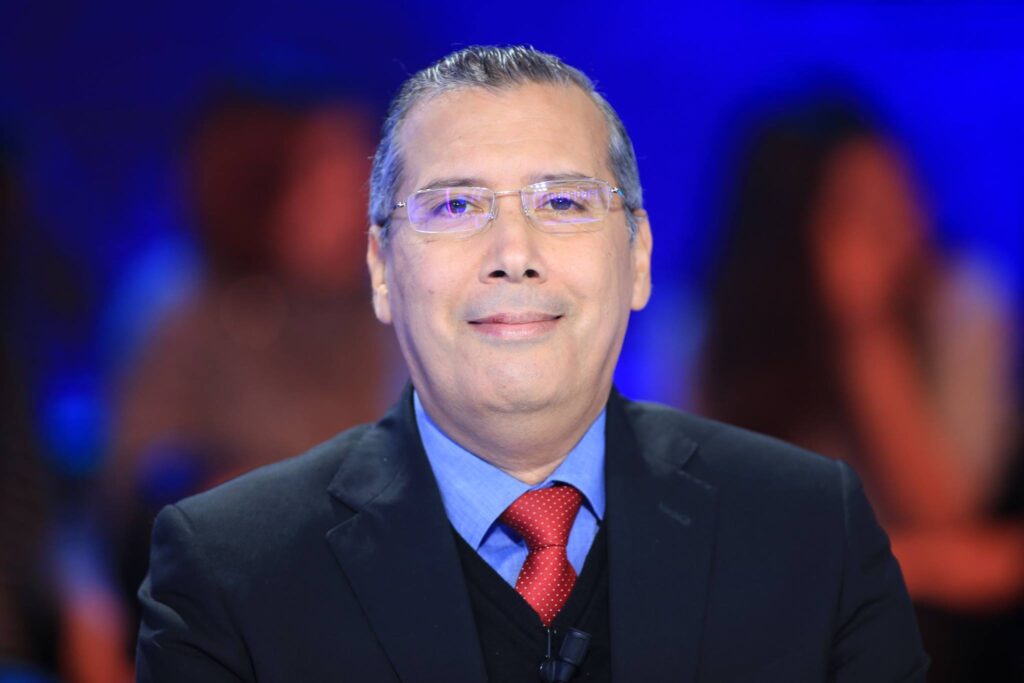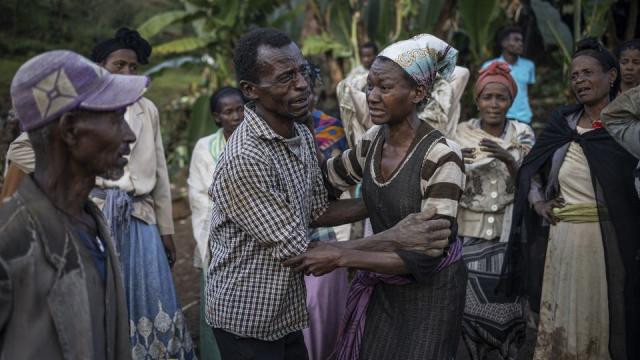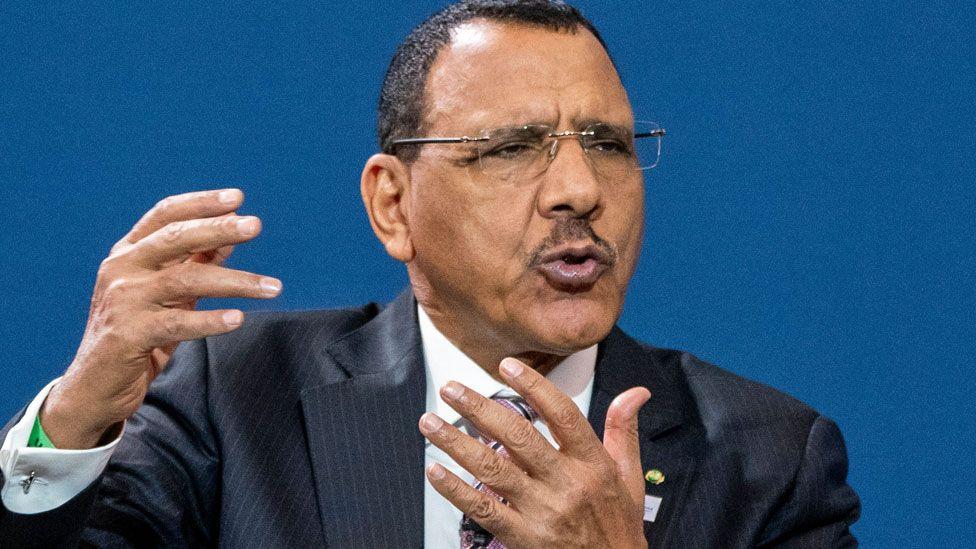
The mediator for Central Africa and the newly appointed military leader of Gabon have reached an agreement to create a “roadmap” aimed at reinstating democratic rule after last week’s coup, as stated by a regime official.
General Brice Oligui Nguema was inaugurated as interim president on Monday after leading a coup on August 30 that terminated the five-decade-long rule of the Bongo family.
The oil-rich state of Gabon joins Mali, Guinea, Sudan, Burkina Faso, and Niger among African countries that have experienced coups in the last three years.
The Economic Community of Central African States (ECCAS) dispatched its envoy, Central African Republic President Faustin Archange Touadera, to Libreville for discussions with General Brice Oligui Nguema.
“ECCAS appointed me as a facilitator… to draft a roadmap enabling a swift return to constitutional order, with the agreement of the interim president,” Touadera said in brief remarks on Gabonese television late Wednesday.
A senior official in General Brice Oligui Nguema’s delegation confirmed that, at this point, they have agreed to begin developing the roadmap.
Neither Touadera nor the official gave details about the plan or a timeline.
The coup on August 30 had the backing of the army, the police, a significant portion of the political opposition, and some members of the party of the deposed president, Ali Bongo Ondimba.
Bongo was arrested by soldiers shortly after he was declared the winner of a presidential election marred by accusations of fraud.
The coup was also backed by numerous Gabonese civilians who were weary of the corrupt Bongo dynasty’s control over the small nation. Despite its oil wealth, which has made it one of the richest countries in Africa, approximately a third of the population lives in poverty.
Bongo had served as president for 14 years, following in the footsteps of his father, Omar, who governed the nation for 41 years. During his long rule, Omar gained notoriety for corruption and authoritarian governance.
Oligui promised on Monday to hold “free, transparent and credible elections” to restore civilian rule but did not give a timeframe.
The 11-nation EECCA subsequently suspended Gabon and directed the swift relocation of its headquarters from Gabon to Equatorial Guinea, as stated by Equatorial Guinea’s vice president, Teodoro Nguema Obiang Mangue.




